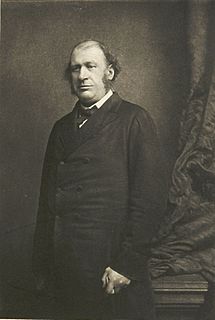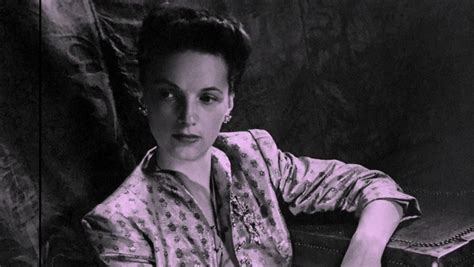A Quote by James Fitzjames Stephen
Not only are the varieties of morality innumerable, but some of them are conflicting with each other.
Related Quotes
Some people automatically associate morality and altruism with a religious vision of the world. But I believe it is a mistake to think that morality is an attribute only of religion. We can imagine two types of spirituality: one tied to religion, while the other arises spontaneously in the human heart as an expression of love for our neighbors and a desire to do them good.
If we look round the world, there seem to be not above six distinct varieties in the human species, each of which is strongly marked, and speaks the kind seldom to have mixed with any other. But there is nothing in the shape, nothing in the faculties, that shows their coming from different originals; and the varieties of climate, of nourishment, and custom, are sufficient to produce every change.
I remain persuaded of the inevitable and necessary complementarity of man and woman. Love, imperfect as it may be in its content and expression, remains the natural link between these two beings. To love one another! If only each partner could move sincerely towards the other! If each could only melt into the other! If each would only accept the other's qualities instead of listing his faults! If each could only correct bad habits without harping on about them!
When people see some things as beautiful, other things become ugly. When people see some things as good, other things become bad. Being and non-being create each other. Difficult and easy support each other. Long and short define each other. High and low depend on each other. Before and after follow each other. Therefore the Master acts without doing anything and teaches without saying anything. Things arise and she lets them come; things disappear and she lets them go. She has but doesn't possess, acts but doesn't expect. When her work is done, she forgets it. That is why it lasts forever.
The defects born of habit are innumerable. I see every child occupied in some way in disarranging and disfiguring his physique; some displace the ankles through the habit they have contracted of standing on one leg only and playing, as it were, with the other; placing it in a position which though disagreeable and strained, does not fatigue them, because the softness of their tendons and muscles lend themselves to all kinds of movement.
Everywhere the tendency has been to separate religion from morality, to set them in opposition even. But a religion without morality is a superstition and a curse; and anything like an adequate and complete morality without religion is impossible. The only salvation for man is in the union of the two as Christianity unites them.
Each one of us has lived through some devastation, some loneliness, some weather superstorm or spiritual superstorm, when we look at each other we must say, I understand. I understand how you feel because I have been there myself. We must support each other and empathize with each other because each of us is more alike than we are unalike.
We have hitherto considered only two possibilities: that the received opinion may be false, and some other opinion, consequently, true; or that, the received opinion being true, a conflict with the opposite error is essential to a clear apprehension and deep feeling of its truth. But there is a commoner case than either of these; when the conflicting doctrines, instead of being one true and the other false, share the truth between them.
It's like everybody's sitting there and they have some kind of veil over their face, and they look at each other through this veil that makes them see each other through some stereotypical kind of viewpoint. If we're ever gonna collectively begin to grapple with the problems that we have collectively, we're gonna have to move back the veil and deal with each other on a more human level.


































